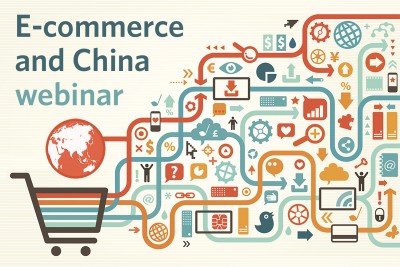"E-commerce now accounts for nearly 14% of all retail sales, and continues to grow at a healthy rate. But U.S. businesses engaged in e-commerce, especially small and medium-sized enterprises (SMEs), face a number of challenges in protecting their intellectual property (IP) on e-commerce platforms.
Register now for this free program to learn proven strategies for protecting and enforcing your IP rights when selling on e-commerce platforms.
Part 2 of the two-part series will focus on administrative and judicial mechanisms for enforcing IP rights and combatting the sale of Chinese counterfeits on e-commerce platforms in China. The program will feature presentations by senior United States Patent and Trademark Office (USPTO) IP attorneys with extensive China IP experience and experts from Mattel, Specialized Bicycles, and Amazon.
Topics to be covered include:
- overview of administrative, civil, and criminal IP enforcement
- strategies for collaborating with e-commerce platforms
- industry perspectives and experiences
- establishing a criminal case
During the program, participants can submit their questions to a dedicated email box. There will be time allotted to respond to participants' questions.
(Note: Although some advanced IP topics may be touched upon in the webinar, the materials presented are intended for representatives from SMEs with limited experience in IP protection and enforcement in China.)"
